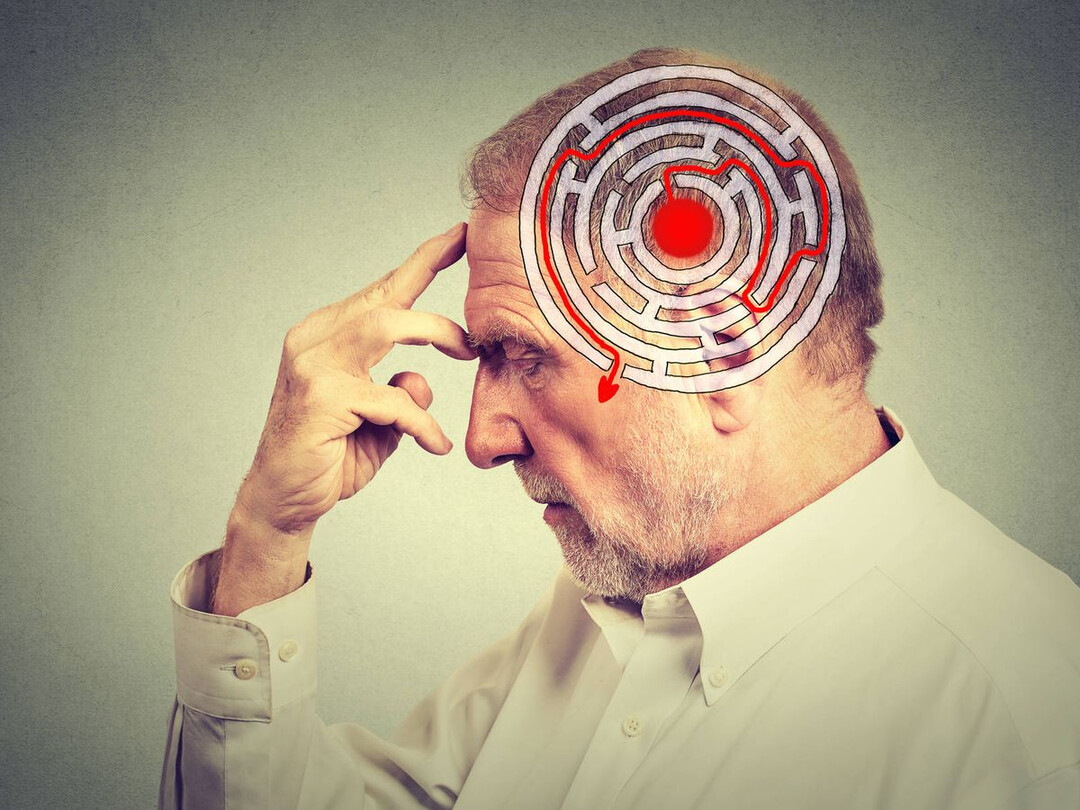
Maria (pseudonym), celebrating her 30th wedding anniversary, one morning awoke to scream, mistaking her husband lying next to her for a stranger. These confusing episodes, which began in her 50s, worsened in her 60s, eventually leading to her not recognizing even her beloved family. Having even forgotten how to chew food, she is now isolated from the outside world, receiving nutrition through a tube, and enduring painful days unable to remember her husband. This is not a story from a drama, but a reality unfolding around us every day.
Neurologist Dr. Allaerte Volpaert describes Alzheimer's disease, Maria's diagnosis, as a "neurological syndrome affecting a patient's cognitive abilities, ranging from mild cognitive impairment to severe dementia."
Incidence Increases with Age
Alzheimer's disease primarily affects the elderly, starting in approximately 5% of the population aged 65 and over. Interestingly, the incidence rate roughly doubles every five years after the age of 65. For example, around 10% of 70-year-olds are affected.
The most common initial symptom of Alzheimer's disease is memory loss (amnesia). This is followed by language impairment, where patients initially seem to have difficulty recalling appropriate words.
Dr. Volpaert states, "Another common symptom is a decline in spatial awareness. Patients may not remember where they live, and as the disease progresses, they can become lost even in their own homes or familiar surroundings."
Due to these early symptoms, patients may struggle to find words, forget the names of people or commonly used objects, easily lose the thread of conversations, or be unable to resume a conversation once it stops.
Early Diagnosis and Consistent Management are Crucial; There is Still No Cure
If these signs or symptoms appear, it is best to consult a specialist immediately. Dr. Volpaert emphasizes, "Once diagnosed with Alzheimer's disease, consistent and thorough management is necessary."
For patients with underlying conditions, especially those like hypertension or diabetes, strict adherence to treatment is crucial, along with maintaining a healthy lifestyle that includes quitting smoking and abstaining from alcohol.
Dr. Volpaert adds, "While drug treatments for Alzheimer's disease exist, there is no treatment that is perfectly effective or completely halts the disease. Drug therapy can help slow the progression of the disease, but completely stopping its advancement is very difficult."
Loss of Patient Autonomy and Increased Suffering for Families
According to Dr. Volpaert, Alzheimer's disease affects patients from the initial stage of mild cognitive impairment.
"In this stage, patients usually recognize that they have memory problems, but it does not significantly interfere with their daily lives." However, as the disease progresses to the dementia stage, the patient's autonomy is gradually lost. "In other words, patients become increasingly dependent on others to perform their basic daily activities. They even forget how to chew, maintain hygiene, and manage bowel movements."
In this way, Alzheimer's disease is a "disease of memory" that inflicts great pain and hardship not only on patients but also on their families.
[Copyright (c) Global Economic Times. All Rights Reserved.]




























